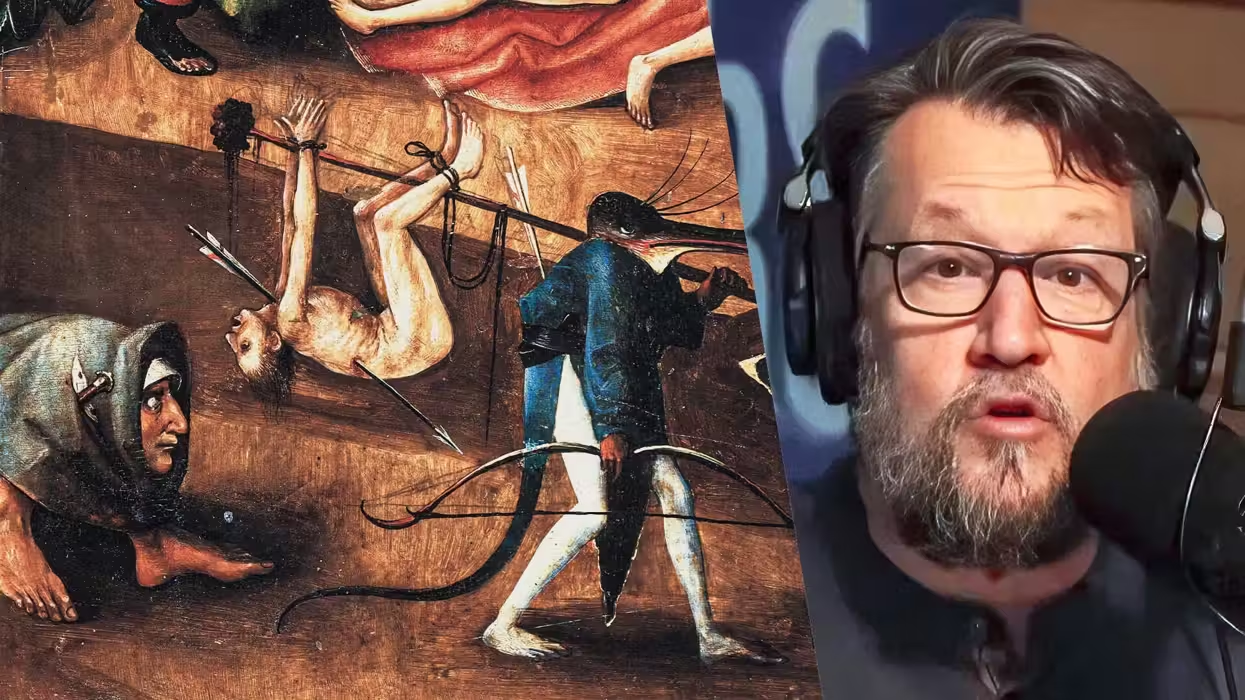According to USA Today, Federal Reserve data shows that millennials approaching the age of 30 are not earning what their parents did around their age. In fact, the net worth of millennials is more than half below what their parents' around the same stage of life.
With a median household income of $40,581, millennials earn 20 percent less than boomers did at the same stage of life, despite being better educated, according to a new analysis of Federal Reserve data by the advocacy group Young Invincibles.
The "better educated" part is a factor in what's causing millennials to fall behind their folks when it comes to earning money. This generation is drowning in student loan debt, with the average owed being some $37,000 per graduate. To boot, the education isn't helping improve their financial situation all that much.
Education does help boost incomes. But the median college-educated millennial with student debt is only earning slightly more than a baby boomer without a degree did in 1989.
But, as data shows, the chances of a newer generation earning more than their parents has declined significantly over the decades, despite younger generations being more educated than previous generations.
The analysis fits into a broader pattern of diminished opportunity. Research last year by economists led by Stanford University's Raj Chetty found that people born in 1950 had a 79 percent chance of making more money than their parents. That figure steadily slipped over the past several decades, such that those born in 1980 had just a 50 percent chance of out-earning their parents.
This decline has occurred even though younger Americans are increasingly college-educated. The proportion of 25 to 29 year-olds with a college degree has risen to 35.6 percent in 2015 from 23.2 percent in 1990, a report this month by the Brookings Institution noted.
The problem seems to be in the way college degrees narrow options for the millennial generation. Besides the debt, many degrees lead to many of the same jobs, forcing graduates to take lower paying work as they wait for a position in their field to open up.
As former host of Dirty Jobs Mike Rowe stated in a video he once did for Prager U, graduates are forced into narrow fields that everyone tries to compete to get jobs in, and only so many will get. Meanwhile, employers are struggling to fill 5.8 million good paying jobs that no one is trained to do, mainly because these careers don't fall into the social standard of a "good career."







